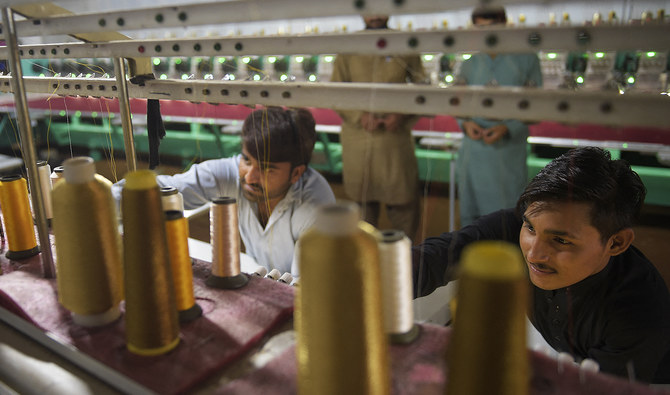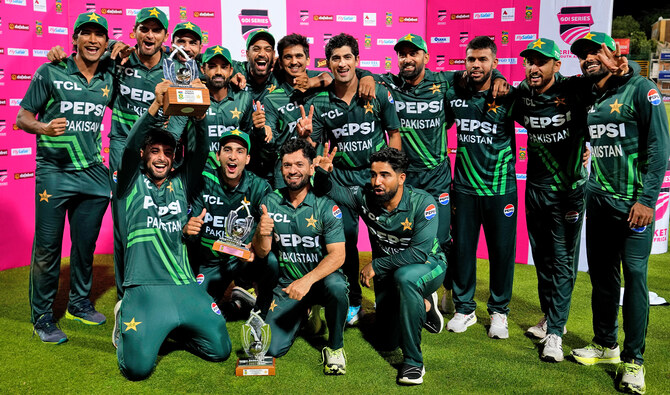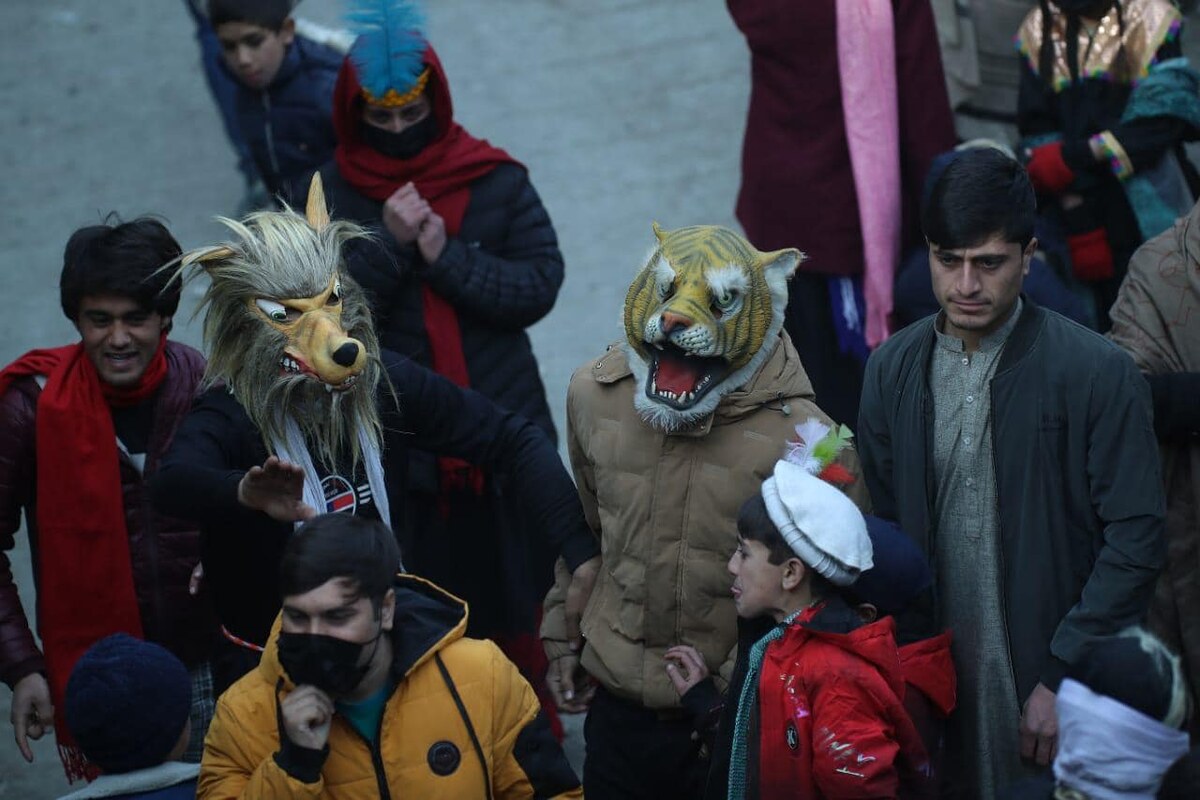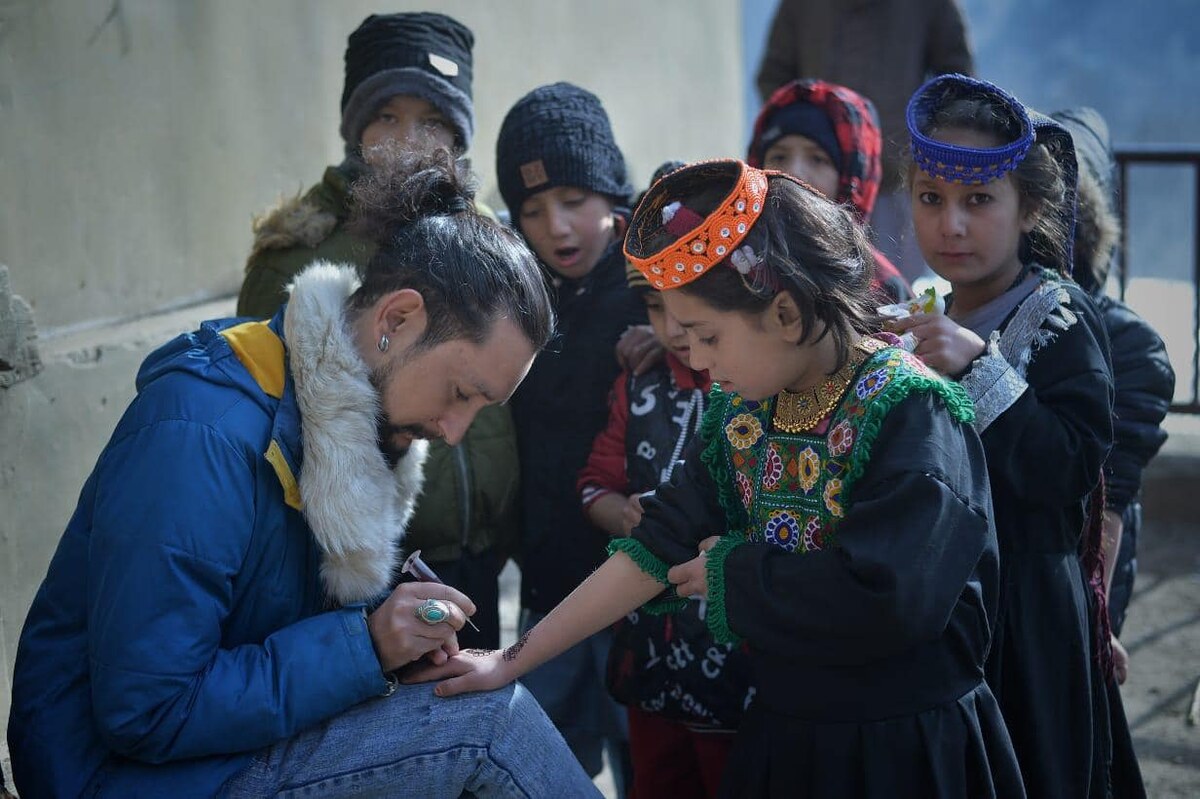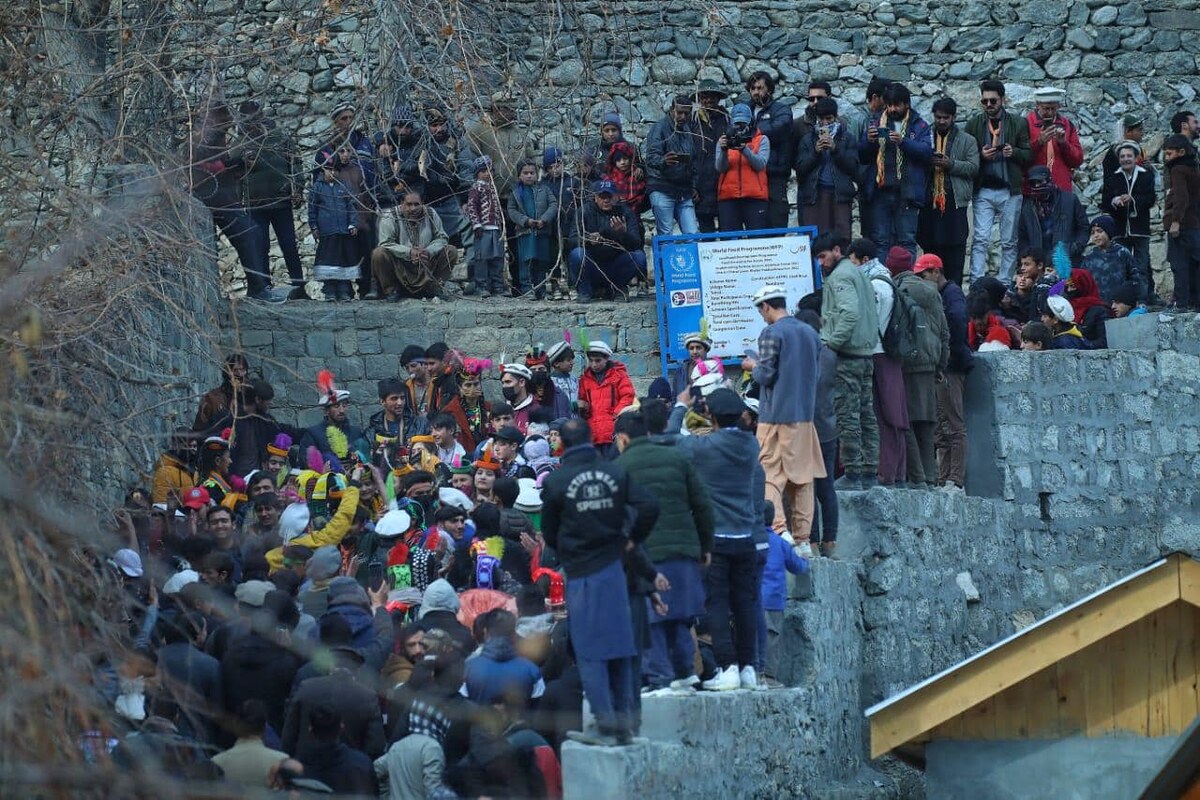ISLAMABAD: Major Pakistani textile exporters and suppliers of at least 50 global brands have signed an international safety accord which would help ensure proper workplace safety mechanisms are in place and would prioritize the health of workers employed at textile factories, a leading trade union official said on Sunday.
Based in Amsterdam, the “International Accord for Health and Safety in the Textile and Garment Industry” promotes workplace safety through independent safety inspections, training programs, and a complaints mechanism for workers in the textile industry.
Established in September 2021, the Accord signed an agreement with local exporters and suppliers in December 2022 to introduce a new country program for Pakistan, where blazes and accidents are common in the country’s factories, many of which operate illegally and without proper fire safety measures.
Pakistan’s trade unions started lobbying for factory workers’ safety after a 2012 fire in a Karachi garment factory claimed the lives of at least 250 workers.
The Accord has signed agreements with around 150 factories in Pakistan to establish a health and a safety program for workers, for an interim term period of three years, starting from 2023.
At least 190 international brands that have signed the Accord prefer to extend orders and export from textile and apparel factories that are signatory to the agreement.
“The biggest advantage of the Accord is that it will help ensure permanency and growth in orders to our suppliers while ensuring proper health and safety of the workers,” Nasir Mansoor, general secretary of the National Trade Union Federation Pakistan, told Arab News.
He said Pakistan’s textile industry would ensure the relevant provincial laws and International Labor Organization’s (ILO) conventions on health and safety are implemented on factory premises, in line with the terms of the Accord.
Mansoor said the industry would not have to incur any additional financial or administrative burden, instead, it would have to be “more vigilant.”
“This was a long and arduous journey, but we are happy to finally see the Accord launching in Pakistan,” Mansoor, who played a vital role in getting Pakistani factories to sign the agreement, said.
The Accord’s agreement with Pakistan plans to cover around 700 textile and garment factories that export to international brands. The structure of its governing body is in the works, Mansoor said.
“There will be no penalty on the industry. Instead, the Accord team will help them fix deficiencies like any electrical, structural and boiler hazards,” Mansoor added.
According to official data, the textile sector contributes 8.5 percent of Pakistan’s GDP and provides employment to about 40 percent of the country’s total labor force. This makes it the largest employer in Pakistan’s manufacturing sector.
Under the European Union’s GSP+, a special arrangement for developing countries, Pakistani goods have duty free access to European markets. Experts say the Accord’s implementation would help Pakistan revive its GSP+ status after it expires in December.
Pakistan’s exports increased to 6.64 billion Euros in 2021 from 3.56 billion Euros in 2013 to European markets after it signed the GSP+ in 2014.
Advocate Malik Usama, who worked as a consultant with the Accord, said the agreement would complement local laws on occupational health and safety of workers.
“There is no legal punishment for violation of the Accord, but the suppliers which violate it or refrain from signing it would lose their business to international brands,” Usama told Arab News.
“The brands signatory to the Accord will be bearing all the expenses to run it and make it a success,” he said, adding that the GSP+ also included human and environmental rights. However, he added the implementation of the Accord would help Pakistan meet the GSP+ requirements related to labor rights.
“This is a revolutionary intervention for our industry and workers, so suppliers to international brands should welcome it to boost their business and exports,” he added.


